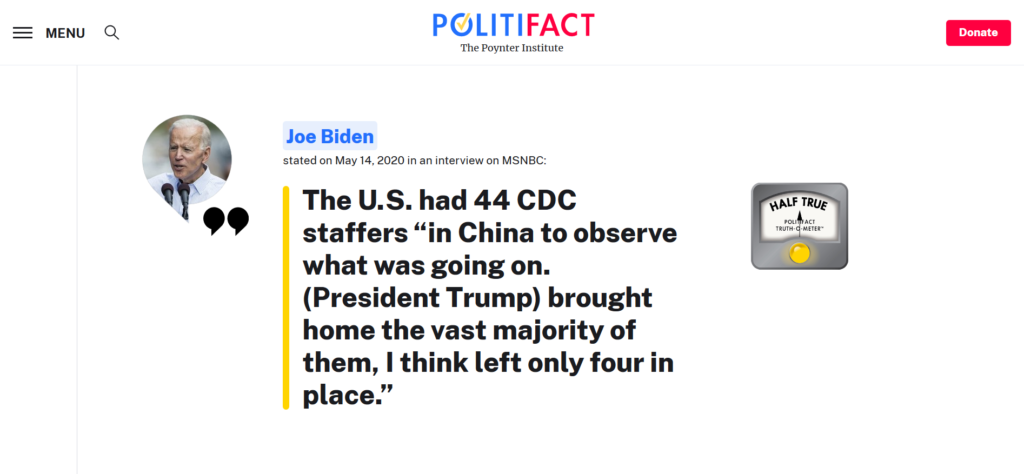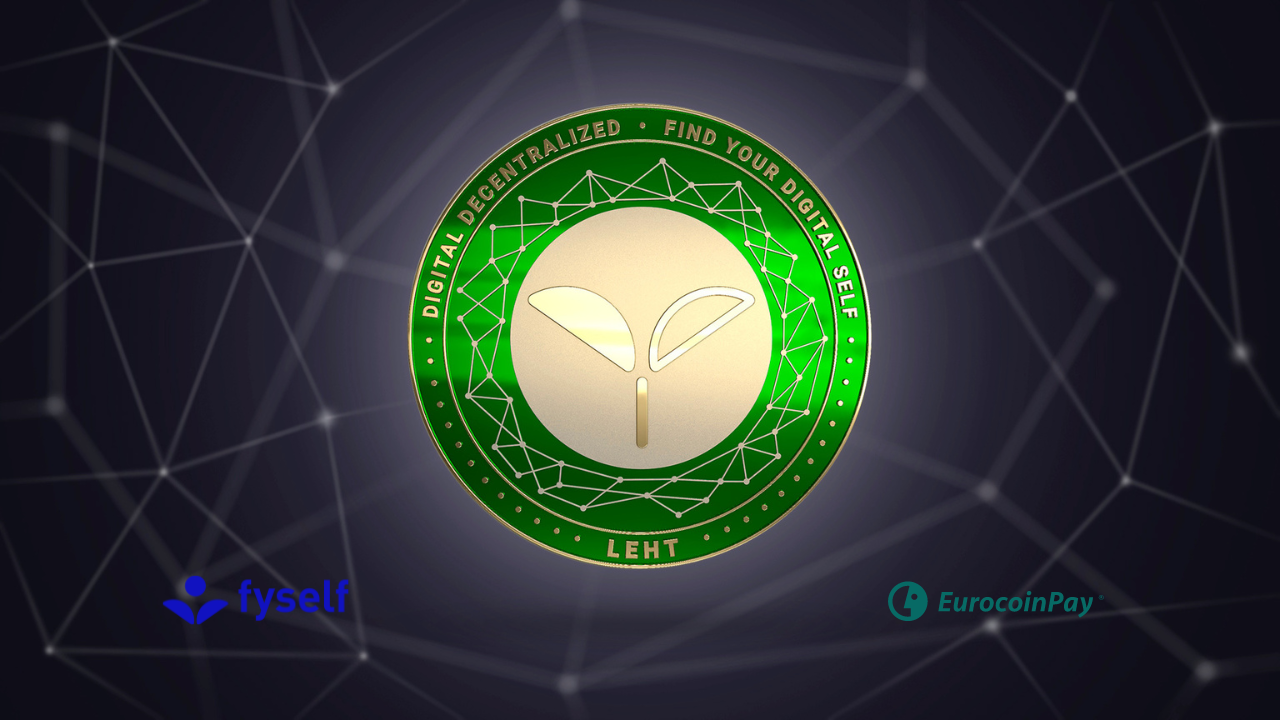Fact checking: being «informed» isn’t enough anymore
We live in a world where fake news and hoaxes roam around. Nowadays fact checking or watch blog is a phenomenon that positions itself in investigation journalism or fact journalism.
“We believe that transparent and non-partisan data verification can be a powerful instrument of accountability journalism”, professor Candela Ollé explains.
What is fact checking?
The fact checking phenomenon consists in the identification of fake news that circulate in the digital means of communication. These usually go viral in social networks. The fact-checking websites apply fact journalism techniques. They usually specialize in areas like politics- with emphasis on electoral campaigns-, science or gender.
This job started with investigation journalism in the English press during the first decades of the 21st Century, especially linked to electoral campaigns. This practice has as its main objective to evaluate the veracity of the declarations and figures offered by politicians, looking for any imprecision or error they might contain.
If we go delve further in its origin, the verification of information is not exclusively from the digital media. In non-digital newsrooms, journalists had to check the information more than once to confirm their veracity.
Getting to know the IFCN
The International Fact-Checking Network (IFCN), created on September 2015, is the organism that groups together all the fact-checking agencies around the world and makes sure that they operate accordingly. The institution, that is part of the Poynter Institute, is directed by Baybars Orsek and counts with Cristina Tardaguila as Associate Director and with reporter Harrison Mantas.
With the objective of getting to know the trustworthy agencies for fact-checking, the IFCN approved the Principles’ Code in 2016. Currently, 73 verified and active signatories follow it, also 15 actives under renovation and 17 verified but outdated.
As part of its activities, the IFCN summons the Global Fact annually, which is a conference for verifiers that advocates for international collaboration.
3 fact-checking websites.
There are many websites that do fact-checking in the world. We give a brief approach to three of the most popular ones right now.
- Politifact: Funded in 2007, it belongs to the Tampa Bay Times newspaper, of Florida. It specializes in demonstrating the veracity of declarations by politicians and analysts, for which it uses its Truth-O-Meter. In 2009, it won the Pulitzer Prize for covering the 2008 presidential campaign. The website has 10 employees who are run by Drobnic Holan.
- Chequeado: Created in 2007, it’s part of the La Voz Pública foundation. The Argentinian site is the first of its type in the region. It verifies public speeches, with special emphasis on the data and it provides its services in 20 medias of 14 countries in the region.
- Newtral: Funded by journalist Ana Pastor in January 2018, today it is catalogued as the best known fact checking site of all of Spain and the most controversial as well. It focuses on three main areas: the production of TV programs, fact-checking and Artificial Intelligence investigation.

Fact-checking in times of COVID-19
The coronavirus pandemic has triggered the alarms of fake news and hoaxes that social media has taken to unbelievable levels of reach. With the purpose of providing truthful information, two worldwide platforms have opted for fact-checking: Whatsapp and YouTube.
Fake news about coronavirus are, nonetheless, more constant and present in more and more platforms. The challenge we face ahead is to find ways of taking the verification to the group that needs it. And when it needs it
Cristina Tardáguila, Fact-Checking Network
WhatsApp has created a chatbot that connects to its users with the results of more than 80 data verifying organizations around the world, After its alliance to the World Health Organization (WHO), now it has joined Poynter Institute to counteract fake news related to the pandemic.
Meanwhile, YouTube announced that its data verification system in videos has reached United States of America. Until now it had only been available in India and Brazil. This tool displays a box with related information on the searches. Said information has been validated by official entities. It also recommends links to sources like the World Health Organization.
Amidst so much media and information available, it becomes difficult to recognize the truth. Just like fact-checking sites, FySelf thinks that really knowing the source of data is vital to be able to judge its veracity.
Artículos relacionados


